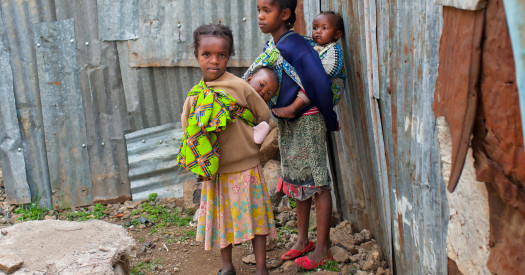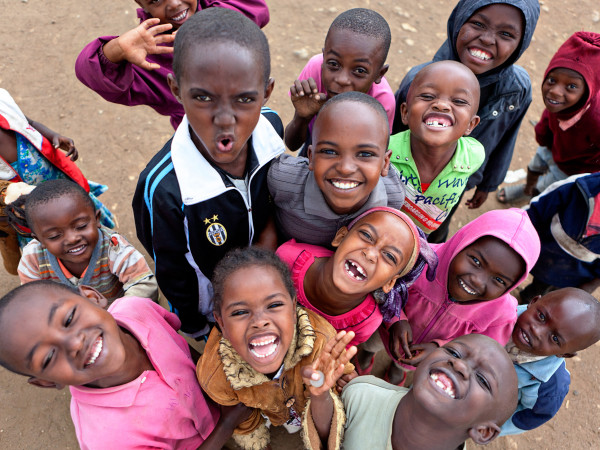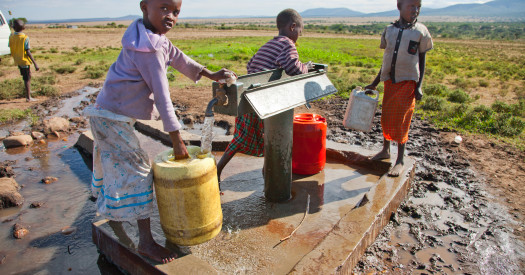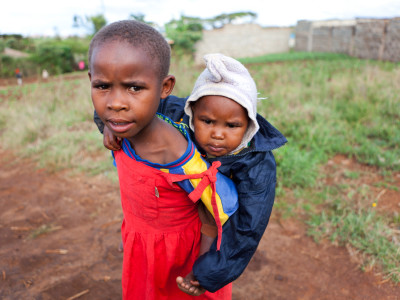Help orphans and vulnerable children, including refugees … with “7 Days of Nothing”
When we live with so many modern conveniences, it can be hard to even begin to understand the deprivation many deal with in other parts of the world. “Seven Days of Nothing” is a way to understand at a deeper level how many of the world’s orphans and vulnerable children live, while helping to do something about it.
Consider the following:
- There are more than 150,000,000 orphans in the world today and that number is climbing.
- In the last 24 hours, 30,000 children around the world under the age of five died from poverty-related causes.
- Three billion people live on less than $2 a day and have no access to sanitation.
- More than 1.3 billion people live on less than $1 a day and have no access to clean water.
- Two billion people have no access to electricity.
Many people would like to help, but may be financially constrained—or simply don’t know where to start. By participating in “7 Days of Nothing,” anyone can afford to help at least a little, with no extra strain on the budget.
What does “7 Days of Nothing” entail?

The way “7 Days of Nothing” works is simple. Participants choose to sacrifice certain things for at least a week. They may choose to do without modern conveniences as much as possible. They may give up desserts, or entertainment, or forgo eating at restaurants. In other words, for at least a week, participants try to live as close as possible to the way many others in the world do. Then, at the end of the week, they calculate how much money they have saved and contribute that amount to a Families for Orphans project to help orphans and vulnerable children, including refugees.
As simple as it is, participants have found their “7 Days of Nothing” experiences to be extremely rewarding and even life-changing. Parents have reported that doing “7 Days of Nothing” as a family taught their children valuable life lessons and helped their family gain a greater appreciation for how much they have, and how much they take for granted.

How can I implement “7 Days of Nothing”?

All you need to get started is a bit of planning and a willingness to make sacrifices in order to support a good cause. Each participating “team”—whether that is an individual, community group or a family—can decide what they want to sacrifice and for how long.
For example, you may decide to:
- Forego running water for a week (to the extent possible).
- Wash clothes and dishes by hand.
- Use water (except for sanitation) only from containers that have been carried home by hand after filling them at the home of a neighbor or some other location within walking distance.
- Refrain from renting movies.
- Live on basic food staples, such as plain rice or beans, oatmeal, etc., for a couple of days or the entire week.
- Walk or ride a bike instead of driving a car.
- Try eating just one meal a day for several days or the entire week.
- Eat only food that does not have to be refrigerated.
- Use only candles or lanterns after dark.
For a full list of suggested sacrifices, click here.
We hope you will choose to participate in “7 Days of Nothing,” and would love to hear about your experiences. So please pick a date to start, set your goals and then share your experiences along the way by emailing us at 7days@familywatchinternational.org or by posting on our Facebook page.

